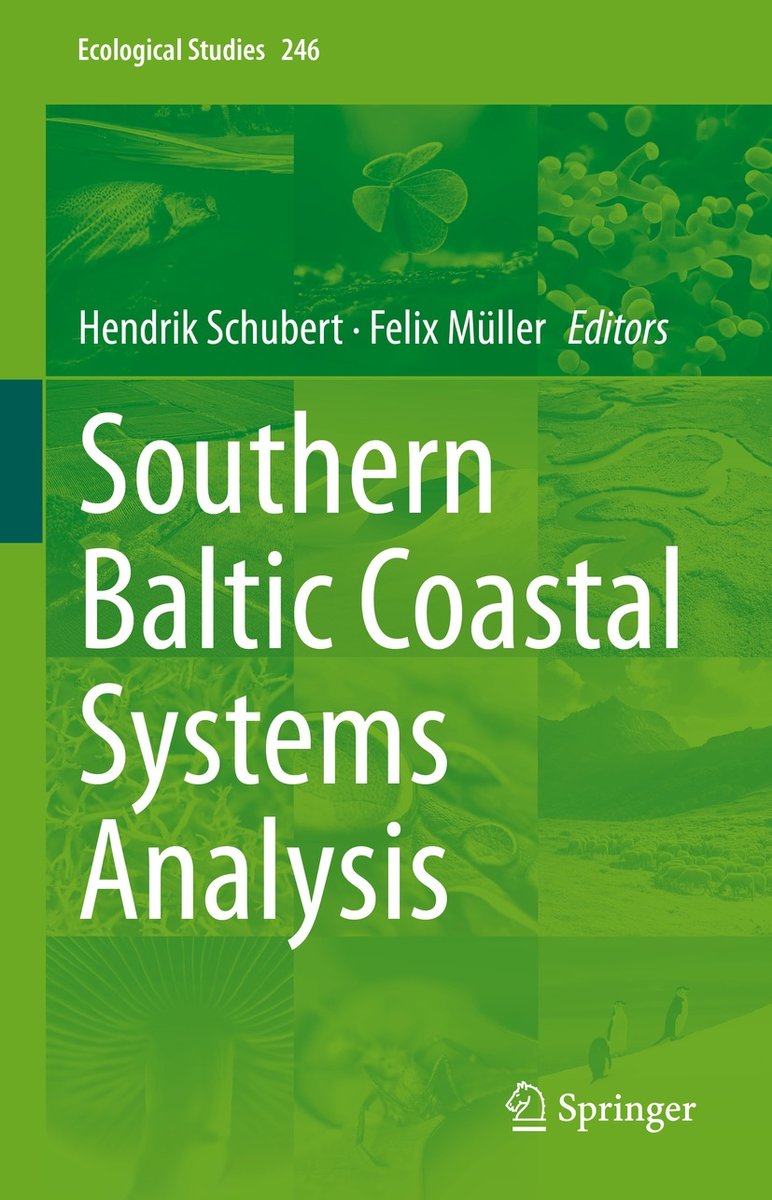This book gives an overall analysis of the current knowledge status about structures, functions, utilization for German Baltic coast ecosystems. The main focus of this book is on the aquatic area, but land/sea interactions as well as river outfalls are included as well.
Characteristic for this book is the inclusion of social science aspects. Approximately one third of its extent will be about the ecosystem services. In this segment the results of the last 6 years are presented in which a comprehensive quantification of the social relevance of ecosystems was carried out covering the entire area of the German Baltic Sea. This part builds directly on the results of scientific investigations and are in relation to social ideals. The assessment will not only be economically and ethically but also the mechanisms that are used for the valorisation of the ecosystem services will be evaluated.
Both sub-areas, the classic natural science part as well as the part of social science aspects, deal with the changes caused by increasing anthropogenic influence and social (including demographic) changes. This will be among others in the sense of an exemplary historical outline.
The final chapter of the synthesis therefore not only presents a summary of the level of knowledge gained and a deduction of the research needs. It further contains a presentation of the application aspects resulting from the analysis of the social relevance gained from basic scientific research.
The book is aimed at scientists (and students) of natural, life and social sciences, analysing functioning and structures of coastal ecosystems with regard to sustainable use and nature protection, including aspects of coastal protection. Besides, it is thought to become a reference for all levels of decision makers and stakeholders in coastal and marine management of the Baltic and North Sea region, providing also a blueprint for system analysis respecting for societal as well as biological aspects world-wide.


